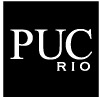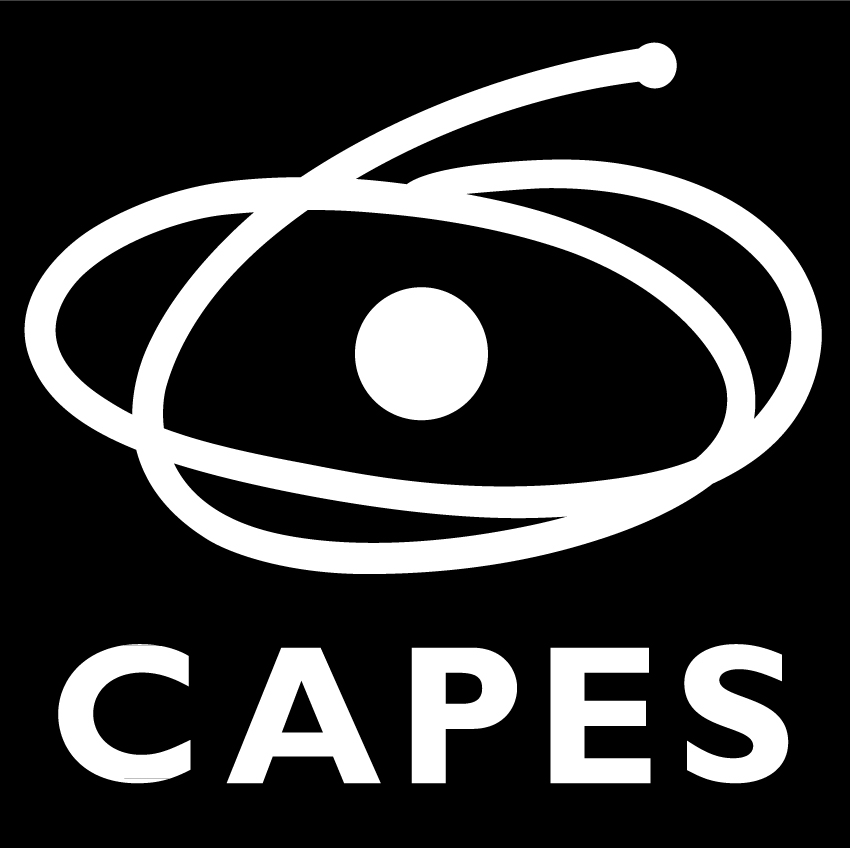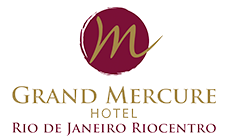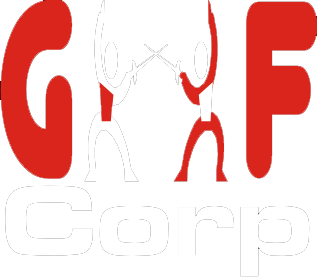SVR’19 will have a joint session on demos and posters. All authors will submit a two-pages abstract describing their demo
OR poster. The words “DEMO:” or “POSTER:” must be placed as the first word of the abstract title.
Ex: “DEMO: An efficient VR system”.
Ex: “POSTER: Preliminary results of a useful AR interface”.
Accepted abstracts will be published in specific sessions of the conference proceedings for demos and posters. The main
difference between a demo and a poster submission is that demo authors are expected to present an interactive demonstration
at the conference, while poster authors are expected to stand by their posters. Authors must choose the presentation
modality at the moment of submission, placing the corresponding word in their titles.
Demonstrations provide researchers, practitioners and companies the opportunity to present Virtual Reality applications,
techniques, experiments and devices throughout the event. The presentation should focus on the technical aspects, but
the intent is to be an exciting and interactive demonstration. Besides the two-pages abstract, a video should be submitted
in the JEMS system, using the track
SVR 2019 – Demos and Posters. The video will be used in the review of the submission and may be used during the event
and on social medias to promote SVR.We encourage authors of full papers to submit also a DEMO of their research works.
Posters describe ongoing work with preliminary results. The theme of the poster must follow the conference orientation
to promote new advances in research and technology in the areas of Virtual and Augmented Reality. Systems with complex
equipment that cannot be taken for a demo at the conference venue are encouraged to submit a poster instead. Besides the
two-pages abstract, a poster-draft should be submitted in the
JEMS system, using the track
SVR 2019 – Demos and Posters. The draft will be used in the review of the submission but the authors must bring their
own printed version for presentation at the conference.
Works in English (preferable) and Portuguese will be accepted. The abstract text must follow the same template used for
the full papers submission, including:
Written in capital letters, bold and centered, should be clear and concise, enabling
easy identification of the poster content.
Name(s) and last name(s) of the author(s), with their institutional affiliation.
The text must necessarily explain the objective(s), main procedures adopted, most
significant results and conclusions.
Contextualize the work to justify its importance.
Elucidate the research and work purposes.
Measurement units and symbols should follow the international system.
Display charts, graphs, etc. In the discussion, compare the data obtained with the literature.
Should be based on the results.
If eligible, after the conclusions.
Should only include those mentioned in the text, appearing in alphabetical order and the authors in capital letters.
For demos, the abstract and video must be sent through the
JEMS system, using the track
SVR 2019 – Demos and posters. The video should be on 1920×1080 or 1280x720 resolution, limited on 2 minutes and 100Mb.
For poster, the abstract and poster draft must be sent through the
JEMS system, using the track
SVR 2019 – Demos and posters.
At least one of the authors must be registered in the conference to present a demo or poster on-site. The event will
offer a small space for each demo, but the author is responsible for the equipment needed for the demo including its
guard. The event will also provide a suitable place to hang posters and tape or pins to fix the poster.
During the event, each presenter is expected to be at the demonstration or poster site during coffee breaks to
increase the opportunities for discussion. We emphasize that there is no financial support to cover expenses to present at the demos and posters session.
The final version of your two-pages abstract must be submitted with the SBC Copyright Form. The template has the
Copyright Form written in English and in Portuguese. It is not necessary to sign both. Authors must choose between
one of the two no matter the language in which the draft was written.
- September 9: Two-pages abstract and video or draft submission
- September 23: Acceptance Notification
- September 30: Camera-ready and Copyright Submission










